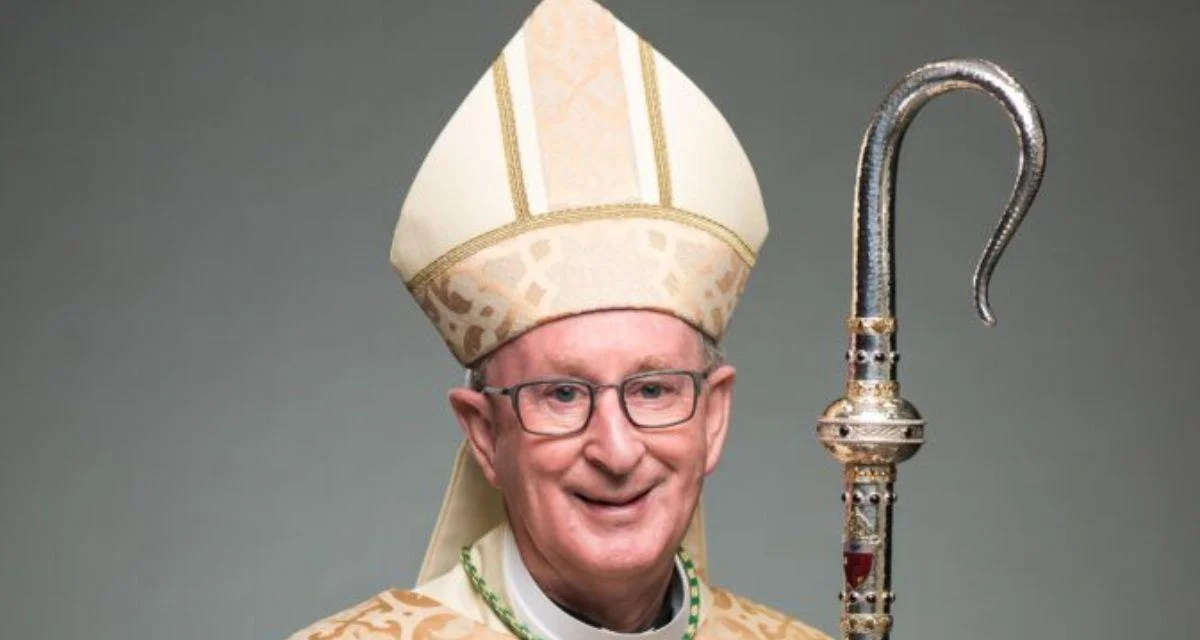
Reverend Joseph E. Kurtz, D.D. Bishop | Archdiocese of Louisville
The Vatican is hosting the second meeting of the 16th Ordinary General Assembly of the Synod of Bishops, starting October 2, 2024. The assembly will gather 368 voting delegates and numerous nonvoting participants from six continents to discuss the theme "For a Synodal Church: Communion, Participation, Mission." This year's focus is expected to be on synodality itself.
The meeting builds on a three-year process initiated in 2021 with diocesan-level consultations that progressed to bishops' conferences and a continental phase. The framework for this assembly was influenced by these consultations and marks the first time lay delegates have been allowed to vote.
An "instrumentum laboris" published in July outlines the roadmap for this gathering. It emphasizes Christian formation, communal discernment, transparency, and accountability under the overarching theme of being a missionary synodal church.
The synod officially opens with a papal Mass on October 2 but begins with a penitential liturgy at St. Peter's Basilica on October 1. Pope Francis will preside over this event, which includes testimonies and confessions related to sins against synodality.
This year’s meeting structure mirrors last year's format with roundtable discussions. However, controversial topics such as women's ordination and ministry to LGBT individuals have been assigned to theological study groups rather than general discussions.
A notable document titled "Fiducia Supplicans," issued by the Dicastery for the Doctrine of the Faith in December, has sparked controversy regarding its pastoral guidance on blessing couples in irregular situations without altering Church teachings on marriage.
Of the voting delegates attending this session, most are returning from last year's meeting. The U.S. delegation sees one change with Archbishop William E. Lori replacing Cardinal Timothy M. Dolan.
Despite efforts to define it clearly, "synodality" remains challenging for many within the Church. A synthesis report acknowledges this difficulty but suggests that synodality represents Christianity's future through community dialogue and consensus-building aligned with Christ's mission.


 Alerts Sign-up
Alerts Sign-up